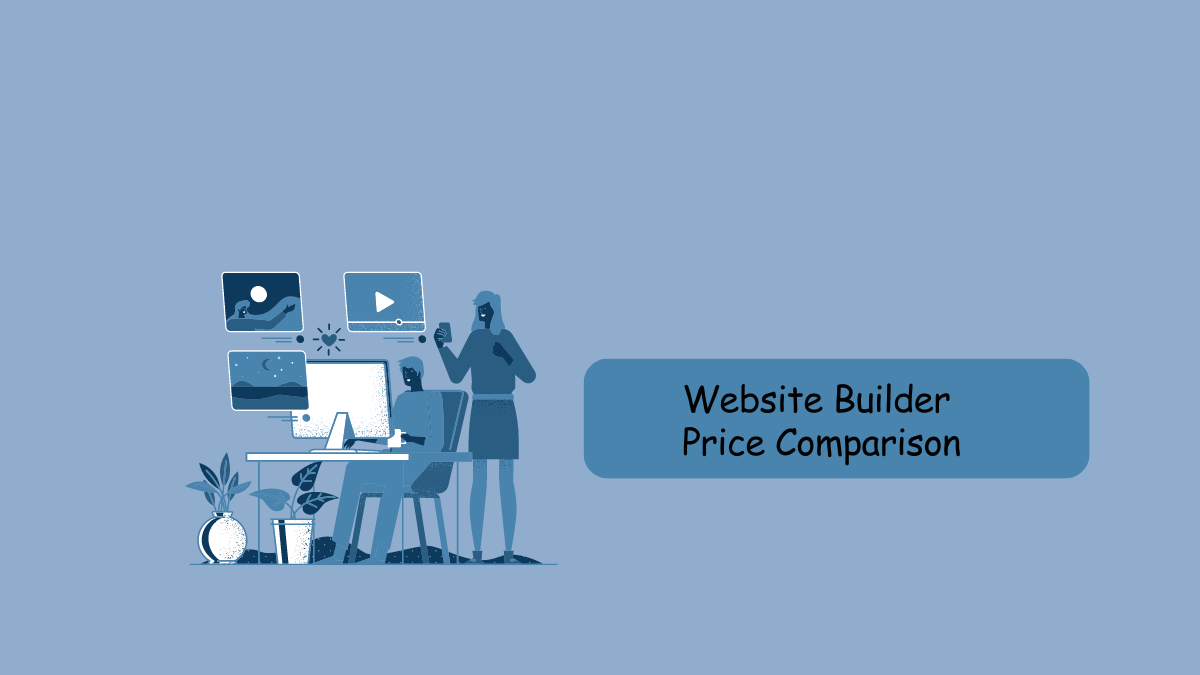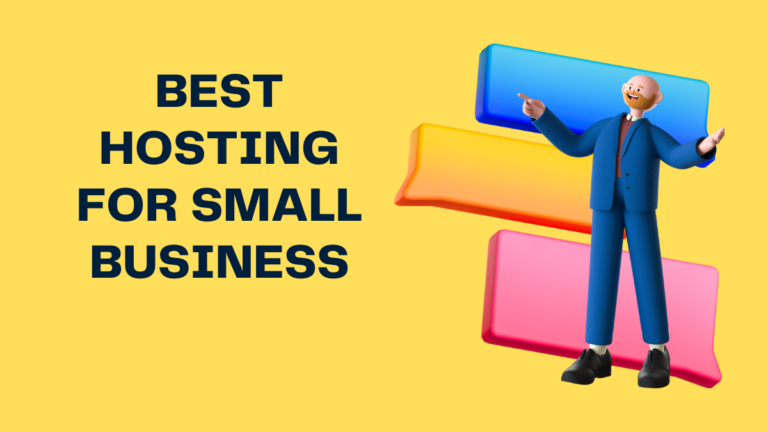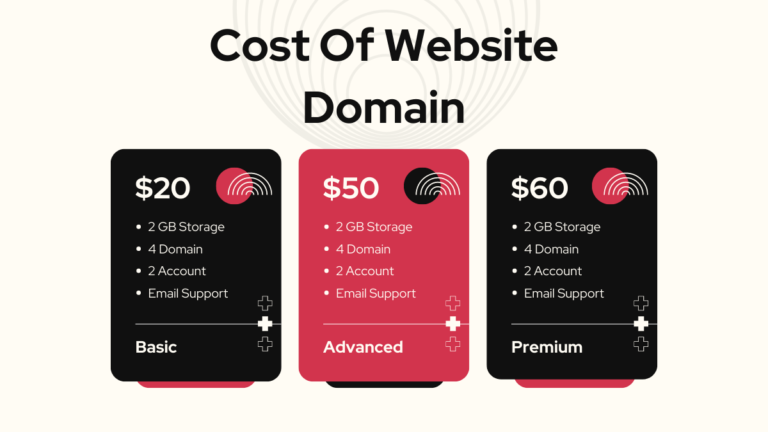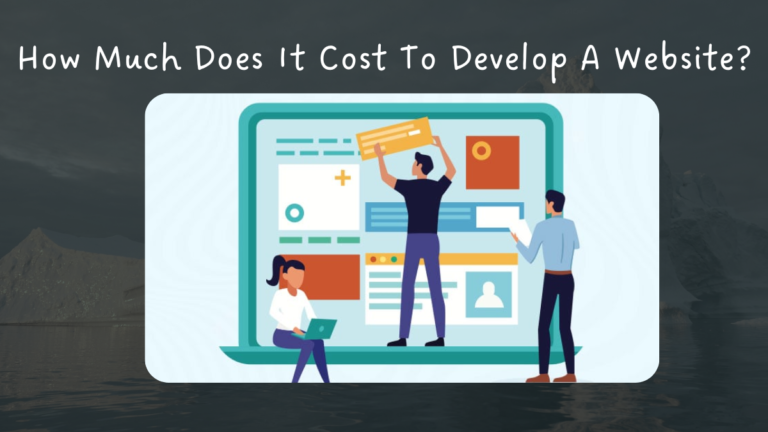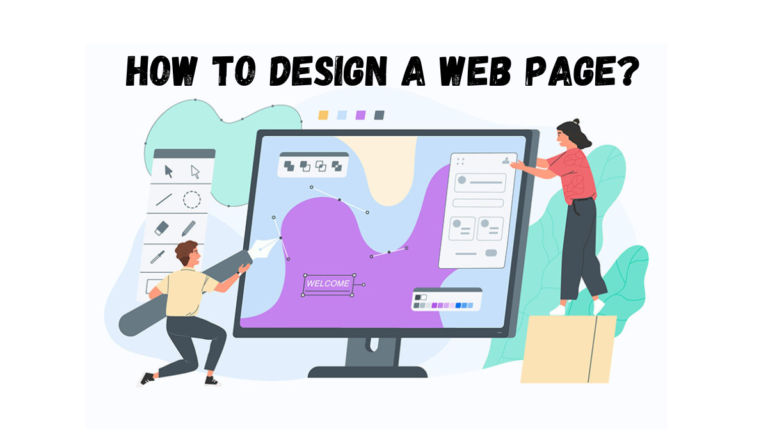Website Builder Price Comparison
Looking to build your own website but don’t want to break the bank? Well, you’re in luck! In this blog post, we will take you through a website builder price comparison of various website builders available in the market.
Whether you’re a small business owner or an aspiring blogger, finding an affordable and efficient website builder is crucial. So buckle up and get ready to discover the perfect match for your budget and needs.
Table of Contents
What is a website builder?
Website builders are tools that allow you to create a website from scratch, or to improve an existing website. Some of the most popular website builders include Wix, Weebly, and Joomla! Each has its own set of features and benefits. Here are some key things to consider when choosing a website builder:
- Features: The first thing to consider is what features the builder offers. Some builders offer more basic features than others, so it’s important to decide what you need in a builder before checking out which ones offer those features. For example, Joomla! offers more advanced feature options such as creating custom templates and extensions.
- Cost: Another important factor to consider is the cost of using the builder. Some builders are free to use, while others may have subscription fees. It’s important to compare prices and decide which one is best for your needs.
- Ease of use: Another factor to consider is how easy the builder is to use. Make sure that you can figure out how everything works before signing up for anything.
- Support: Make sure that you check out the support options available with the builder. Some offer 24/7 support while others may only offer limited support hours during certain times of the day or week.
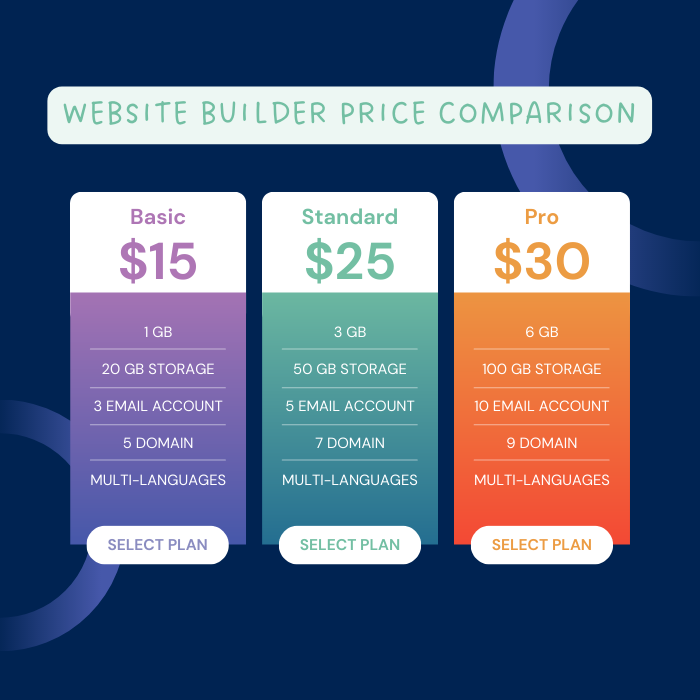
Types of website builders
There are a few different types of website builders, each with its own pros and cons. Here’s a rundown of the most popular options:
- Wix: This platform is known for its drag-and-drop interface and easy creation of simple websites. However, Wix doesn’t offer as many features as some of the other options, and it can be difficult to find templates that fit your needs.
- Typekit: This platform offers more customization options than Wix, but it can be more complex to use. Typekit also doesn’t have as many templates available as some of the other platforms.
- Weebly: Weebly is known for its user-friendly interface and wide selection of prebuilt templates. It also offers a variety of features not found on other platforms, such as social media integration and e-commerce capabilities.
- GoDaddy SiteBuilder: GoDaddy Sitebuilder is a good option if you want to create a basic website without too much customization. It has an easy-to-use drag-and-drop interface and plenty of prebuilt templates available. However, GoDaddy Sitebuilder is less versatile than some of the other platforms and doesn’t offer as many features.
How did website builders work?
Website builders are programs that allow users to create a website from scratch, with no prior design or programming experience required. They work by taking care of most of the technical details, including setting up a web server and creating a website’s content and layout.
One of the main advantages of using a website builder is that they’re often free to use. This means that you can start building your own website without having to spend any money upfront. Additionally, many website builders come with a wide range of features and options, so you can customize your site exactly how you want it.
There are several different types of website builders available, including free and paid options. The paid options tend to offer additional features, such as more templates and integrations with various third-party services. However, there are also many free options available as well.
Ultimately, what matters most when choosing a website builder is whether it fits your needs and preferences. Consider what type of site you want to build, which features are important to you, and whether the builder offers those features.
Website builder features
- Website builder features: There are a number of different website builder features available, and it can be hard to decide which one is the best for you. Here we take a look at some of the more common features and what they offer.
- HTML5 or Flash: One of the first things to consider when choosing a website builder is whether you want to use HTML5 or Flash. HTML5 is the newer technology and is currently more popular, but Flash has its supporters too. HTML5 offers many advantages, including that it is mobile-friendly and can be used on any device. However, if you need to support older browsers, Flash may be the better option.
- Design tools: The design tools available with most website builders are pretty basic. They usually include an editor for creating your website’s content, as well as buttons and other elements for creating your website layout. Some designers also offer additional tools, such as drag-and-drop functionality, which can make creating your website much easier.
- Pages and posts: Most website builders let you create pages and posts – basic building blocks for websites – using their editors. Pages are basically individual web pages, while posts are shorter pieces of content, such as blog entries or news stories. You can then add content to pages and posts using the editor’s content management system (CMS), which lets you manage everything from article titles to copyright information.
Comparison of the most popular website builders
When it comes to choosing a website builder, there are a lot of options out there. However, not all of them are created equal. In this article, we will compare the most popular website builders and help you choose the best one for your needs.
- WordPress: WordPress is by far the most popular website builder on the market. It’s free and easy to use, making it a great choice for beginners. However, it does have some limitations compared to some of the other builders. For example, it doesn’t allow for custom menus and designs, and it doesn’t have as many features as some of the other options.
- Babel: Babel is another great option if you’re looking for a free website builder. It has a lot of features similar to WordPress, but it also includes some unique features that make it stand out. One example is its ability to create fully responsive websites. This means that your site will look good on any device – phone, tablet, desktop computer – no matter how large or small it is.
- Joomla: If you want a more feature-rich website builder, Joomla! may be an option worth considering. It has tons of features including drag-and-drop content creation tools, custom menu creation capabilities, and more. Plus, it’s free to use unless you want to upgrade to premium plans which offer additional features and support.
Conclusion
Website builder price comparison is a great way to compare different website builders. This service will help you find the best deal on the builder that is right for your project.
